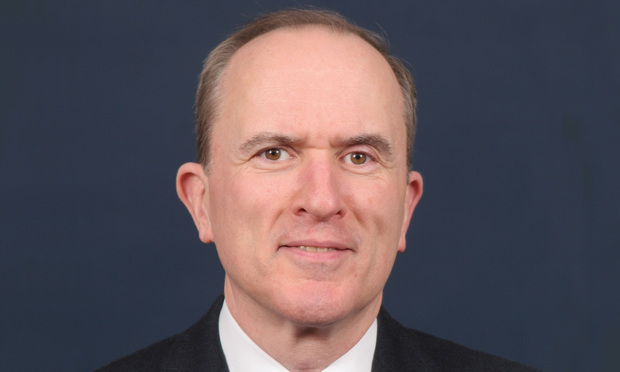In an earlier column,1 we reported on the intervention by the Department of Justice and New York Attorney General in a high-profile whistleblower suit against hospitals that allegedly failed to repay Medicaid overpayments on a timely basis. The hospitals moved to dismiss the suit, and a federal court has now issued a decision that should be of interest to every health care provider that participates in Medicare, Medicaid or any other government health benefit program.
Background
By now, most health care providers are familiar with the federal False Claims Act (FCA)2 and its draconian penalties for improper Medicare and Medicaid claims. A so-called “reverse false claim” occurs when a provider owes money to Medicare or Medicaid and knowingly fails to repay or attempts to conceal the debt. When the Affordable Care Act (ACA) was enacted, it added a new obligation requiring that a person receiving an overpayment from Medicare or Medicaid “report and return” the overpayment to the Department of Health and Human Services, the state, or other appropriate party “within 60 days of the date on which the overpayment was identified.”3 The statute states that an overpayment retained beyond 60 days constitutes a violation of the FCA.
This content has been archived. It is available through our partners, LexisNexis® and Bloomberg Law.
To view this content, please continue to their sites.
Not a Lexis Subscriber?
Subscribe Now
Not a Bloomberg Law Subscriber?
Subscribe Now
LexisNexis® and Bloomberg Law are third party online distributors of the broad collection of current and archived versions of ALM's legal news publications. LexisNexis® and Bloomberg Law customers are able to access and use ALM's content, including content from the National Law Journal, The American Lawyer, Legaltech News, The New York Law Journal, and Corporate Counsel, as well as other sources of legal information.
For questions call 1-877-256-2472 or contact us at [email protected]



